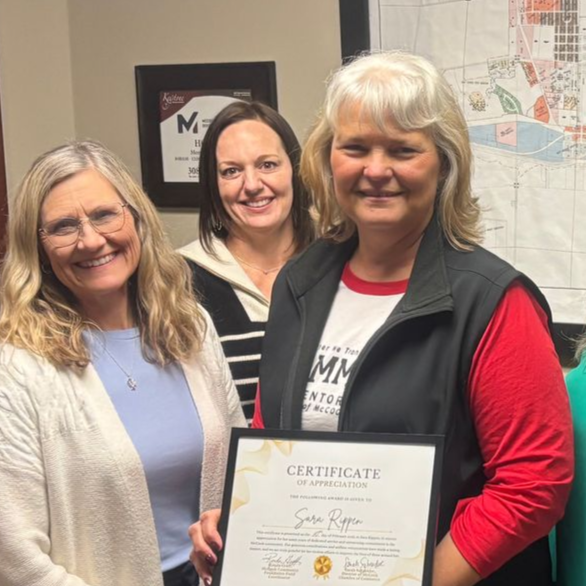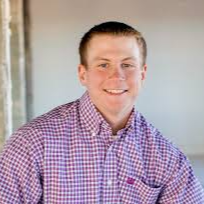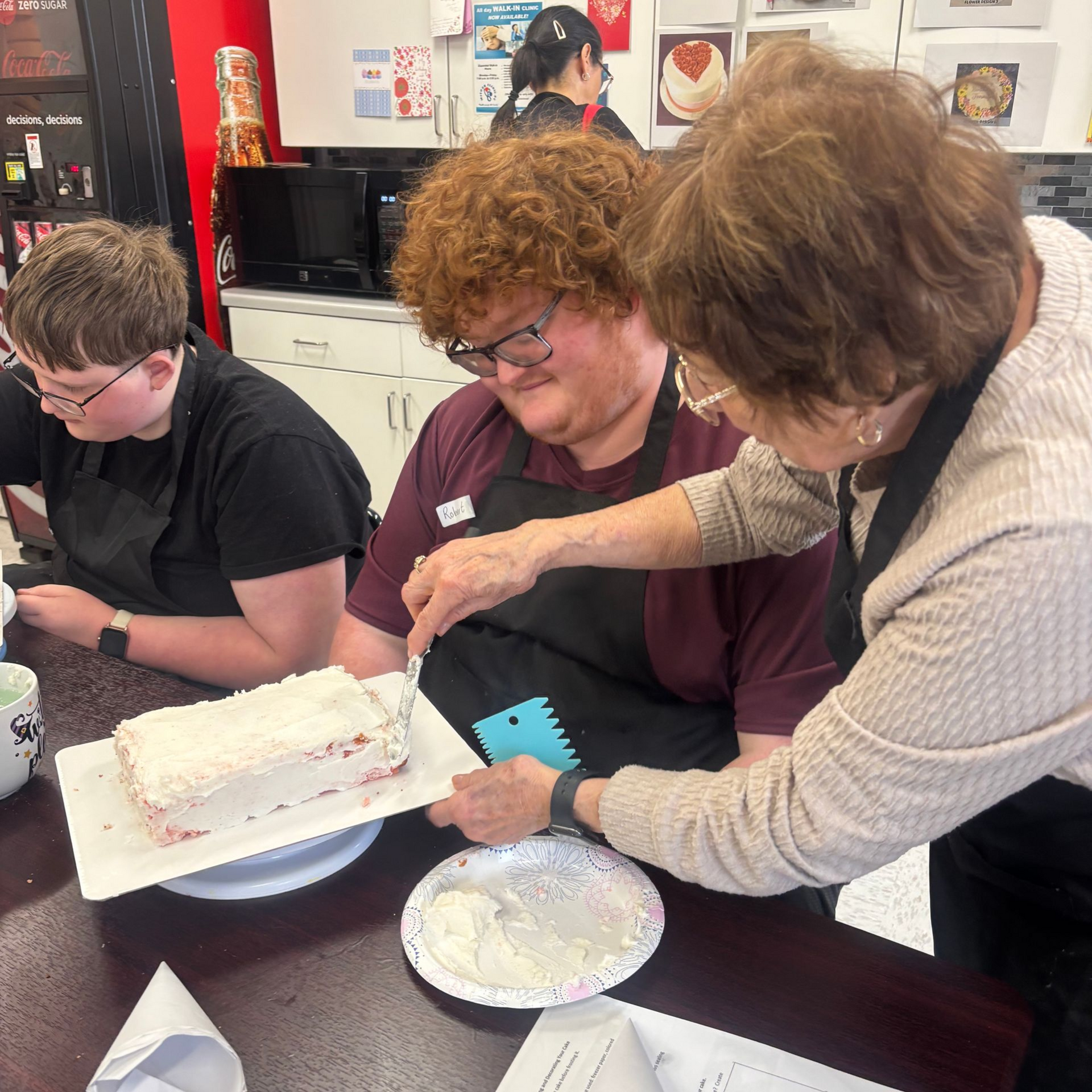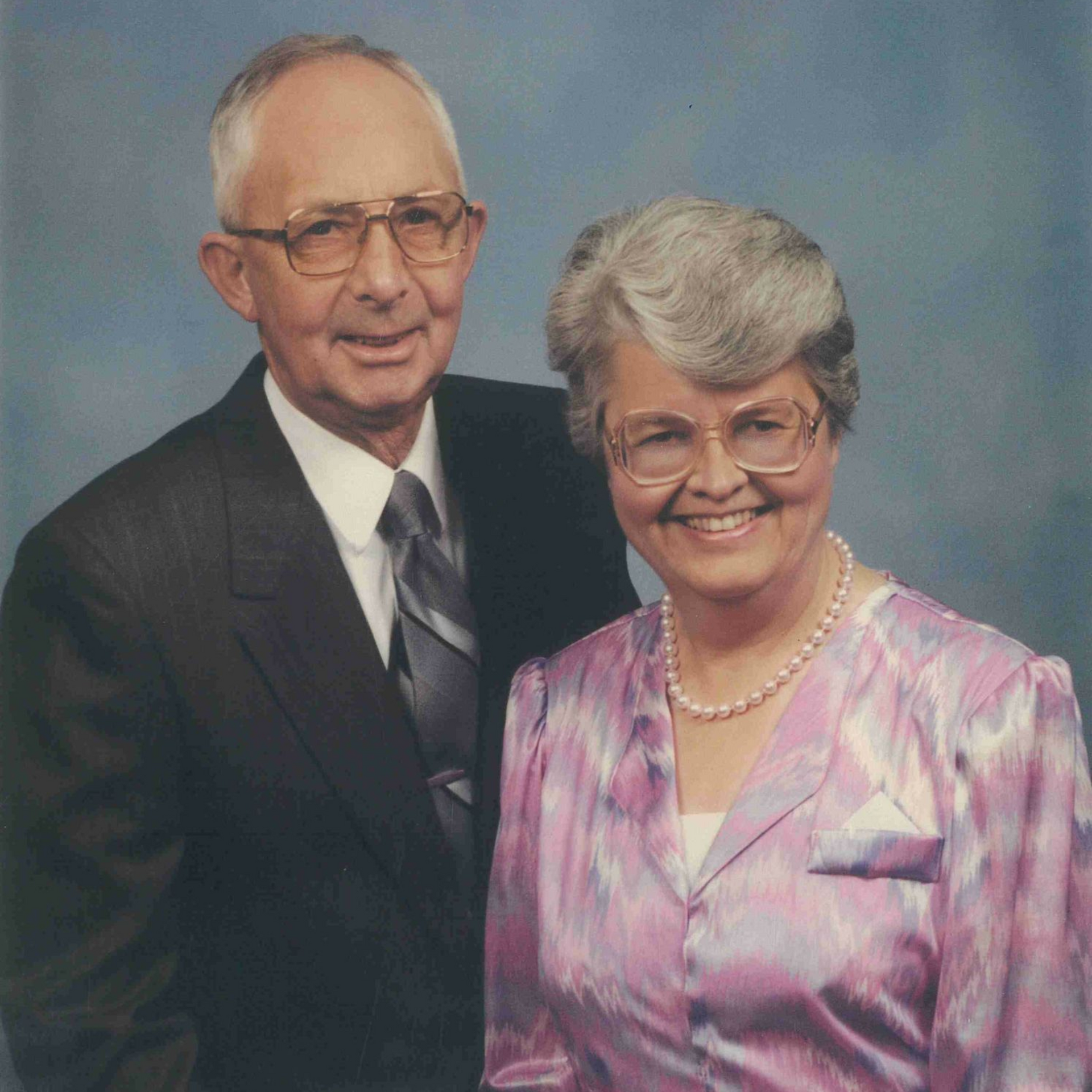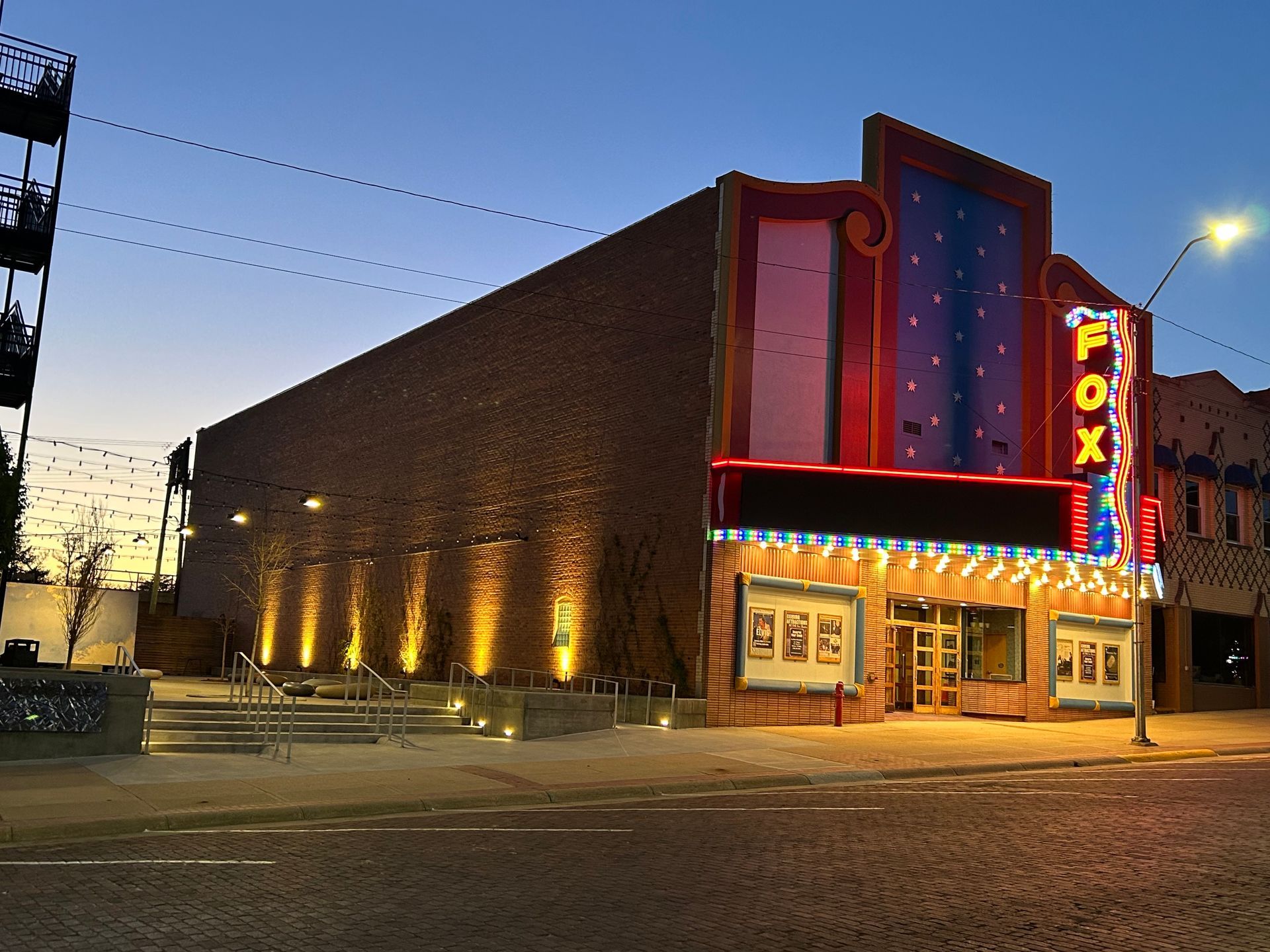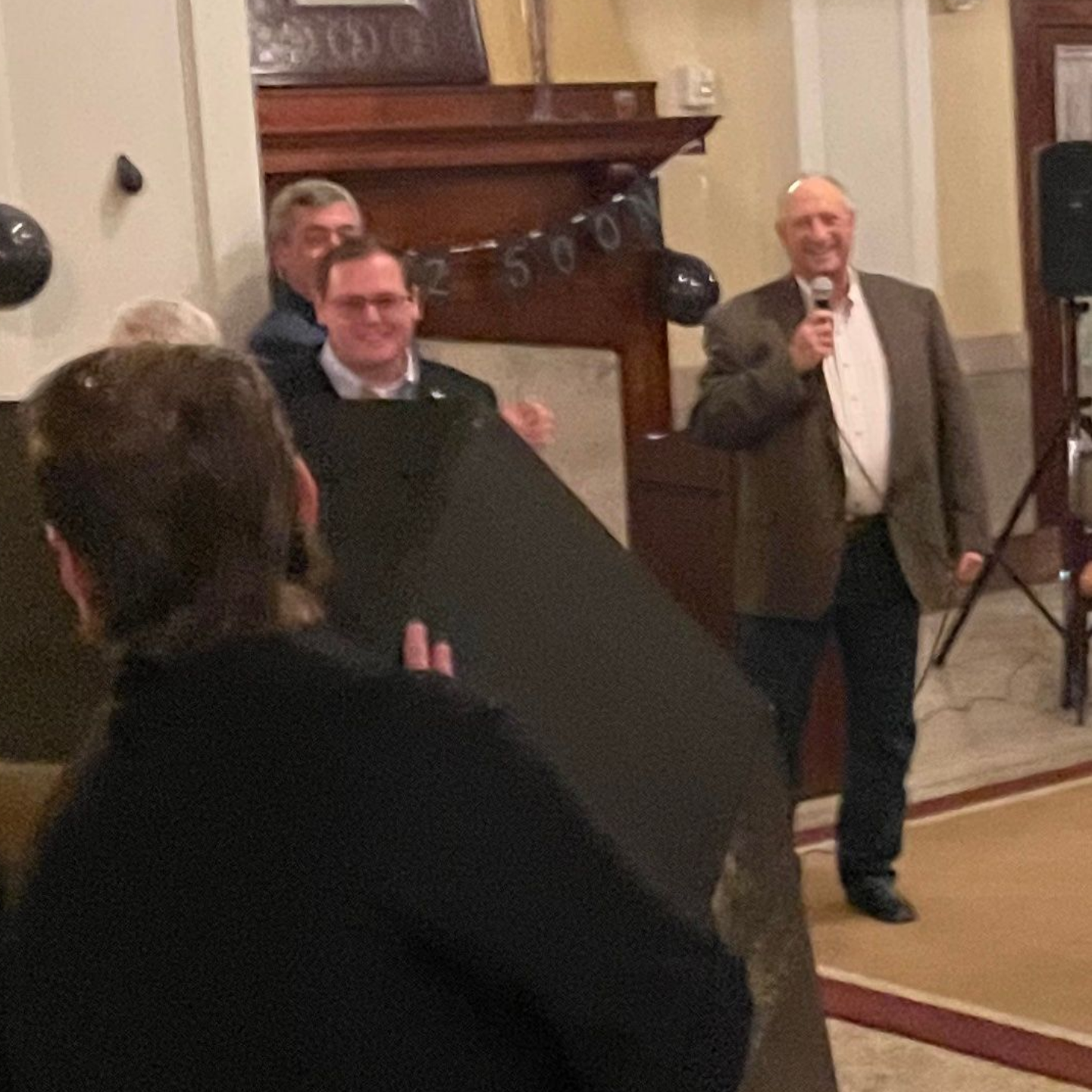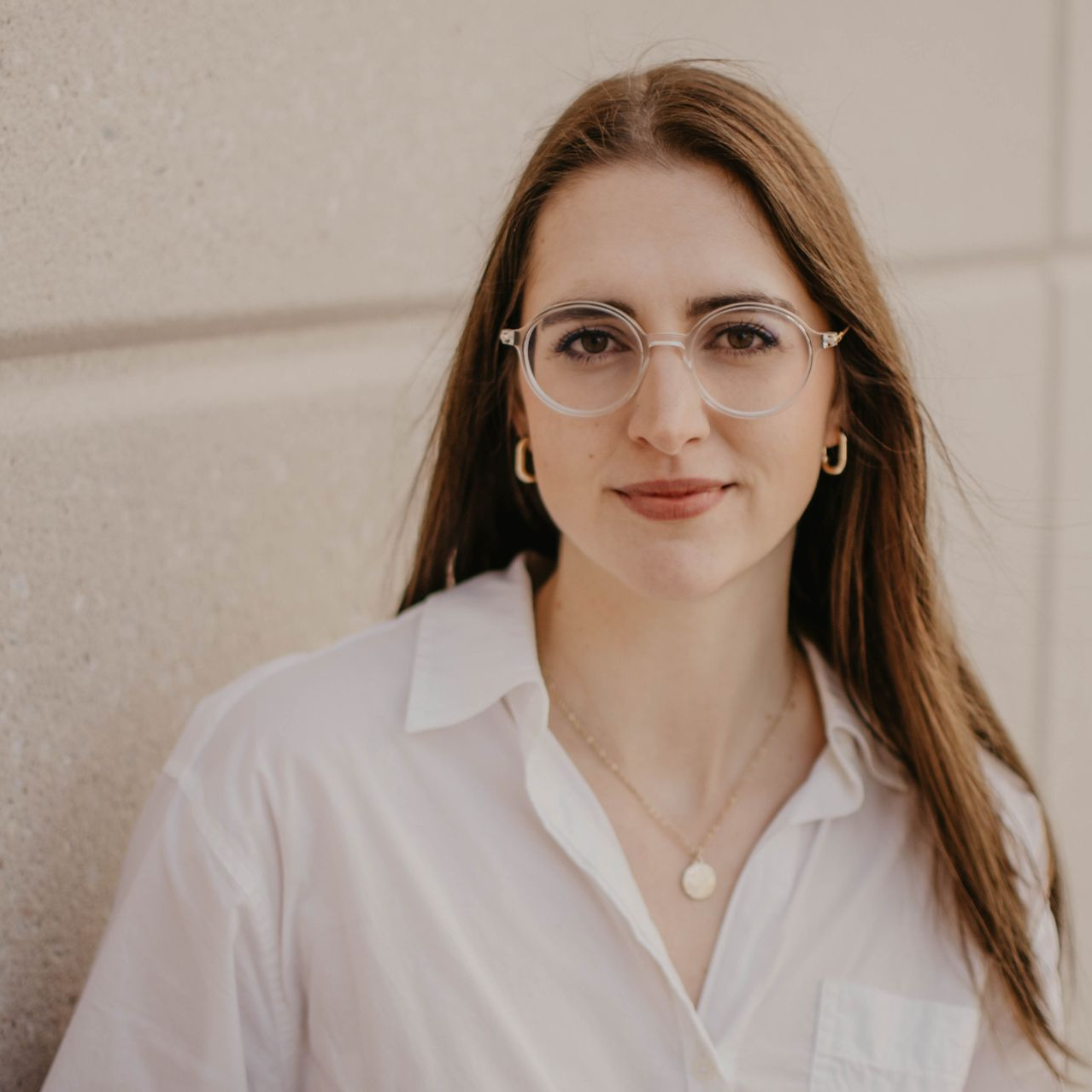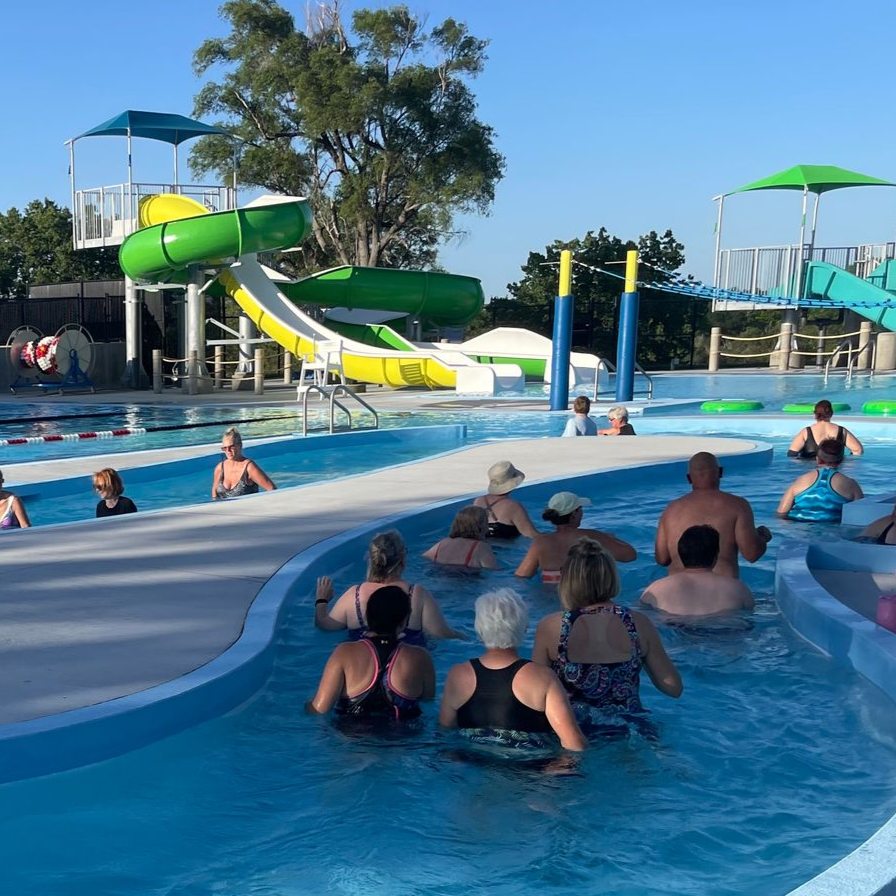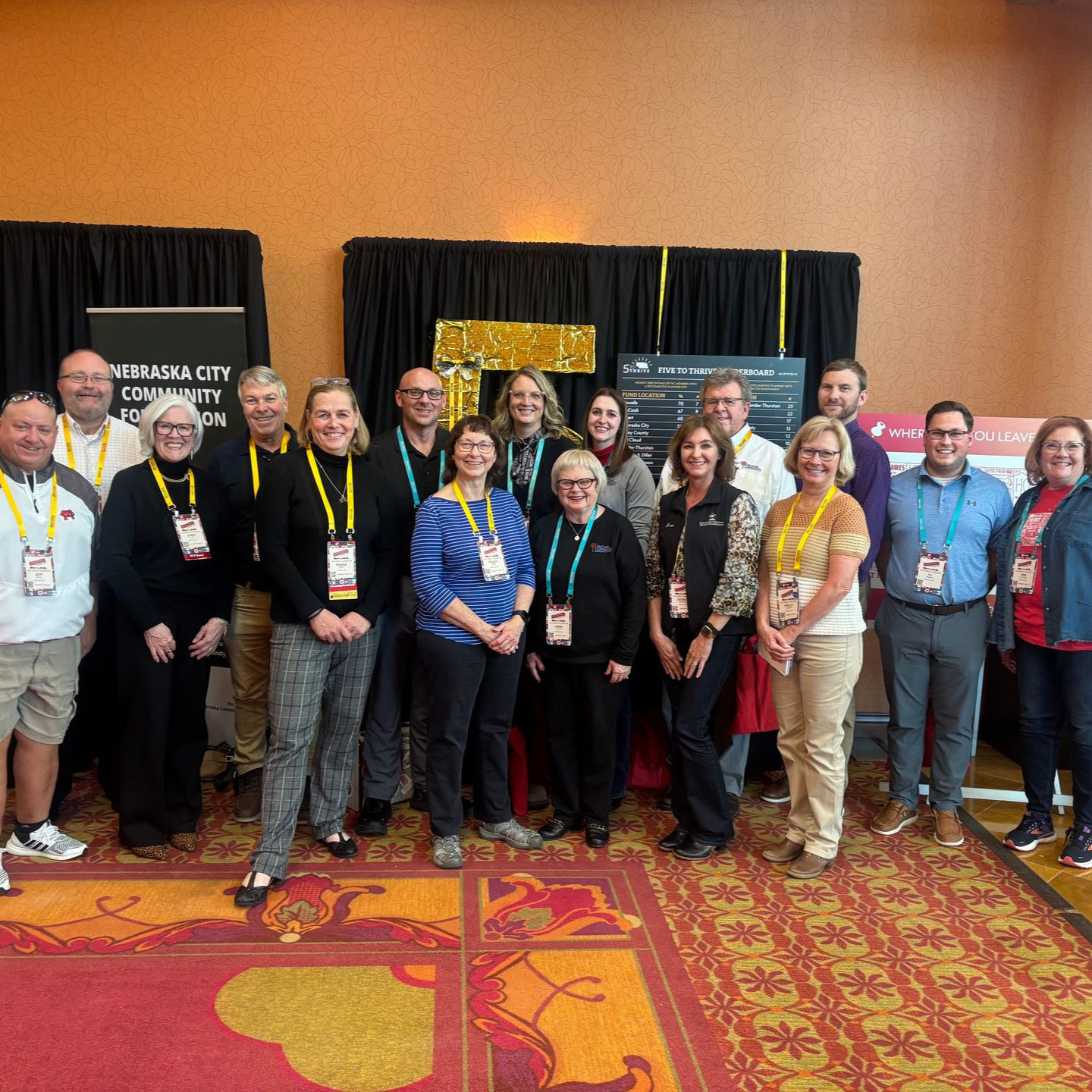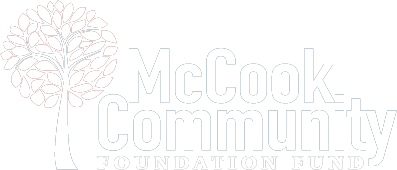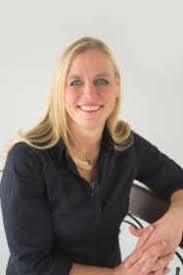
If there has ever been a need to be adaptable, it is now.
When schools began closing down in mid-March, everyone - including myself - hoped that this pandemic would quickly pass and we’d be back to normal soon. As the weeks turned into months, there was hope that everything would correct itself over the summer. But as we head into fall, “normal” seems far off on the horizon and we are forced once again to learn how to adapt.
I don’t envy any school administrator who is dealing with this situation as the schools open this week and next. There is no good answer, no perfect answer.
As the saying goes, you can’t please everyone and those words have never been more true than right now as the circumstances change daily, even hourly.
At a minimum, we need to be gracious to those around us and to those making the hard decisions. None of us have all the information nor all the answers. So instead, we need to be flexible and ready to adapt to however we can make this work, whether it is returning to school, holding sporting events or even practicing a music lesson.
Adaptability and flexibility was never more evident that two weeks ago.
McCook High School seniors were fortunate to have an actual graduation ceremony two weeks ago, followed by prom the next evening. Both of those events very well could easily not have happened.
In the weeks and even the days leading up to the events, I was never 100 percent sure they would take place. But fortunately, the graduates were able to walk across the stage at the MCC events center. And then the following night, many of them returned to the event center in their finest duds for a couple hours of dancing and final event with their friends.
Both of those events were postponed from this past spring, but with careful planning and a lot of changes, they both were able to take place. At the end of the day, they happened because people adapted.
The graduation ceremony is usually packed with family and friends and even just members of the community who want to celebrate 12 years of hard work. Instead, graduates were limited to just eight tickets. Any ceremony with anyone in attendance was better than nothing.
As for prom, my husband and I have been prom sponsors for the past decade, spending a week with dozens of high school juniors and fellow teachers decorating for one night of dancing. This year, that week was condensed down to less than three hours and hundreds of decorations were traded for some tule and Christmas lights. With kids still on the dance floor at midnight, I’d call it a success.
As my mom often said, this too shall pass. She had a great way of putting things into perspective, particularly something that seemed difficult or perplexing at the moment. Ask yourself: Will this matter a year from now? Will this matter a week from now? Heck, will it even matter five minutes from now if you simply take a deep breath and put everything into perspective?
Yes, there are things changing in our lives that will have a long term impact from our kids’ education to the viability of our businesses. But in the end, the answer may lie in being able to adapt because change doesn’t have to be bad.
***
On a side note, today is the last day in the office for McCook Community Foundation Funds’ summer hometown intern, Lexi Gross. She has been a joy to work with this summer and I’ve learned from her as much as I hope she has learned from me, the foundation and the community.
Lexi begins her senior year at Fort Hayes State University in Kansas next week, continuing to use audio and visual mediums to capture special events.
Over the last three months, she has helped tell McCook’s story through videos, articles and social media posts as part of MCFF’s “Make It Happen Here” series. If you haven’t seen these great videos, please visit the MCFF website, mccookfoundation.org or find them on Facebook.
But along with capturing the story McCook, the purpose of the internship was to show that our young people can make it happen here. They can have those careers here that they think can only happen in a large city. They can do those activities here that they think can only happen elsewhere. They can create that business here that they have a hard time even imagining.
Lexi was probably tired of hearing it but I hope she, along with all of our young people, knows that we want them to return to their hometown and build their lives here.
Yes, we want our young people to go out there and experience all the great things our country and the world has to offer, but remember that we always want you to return home.
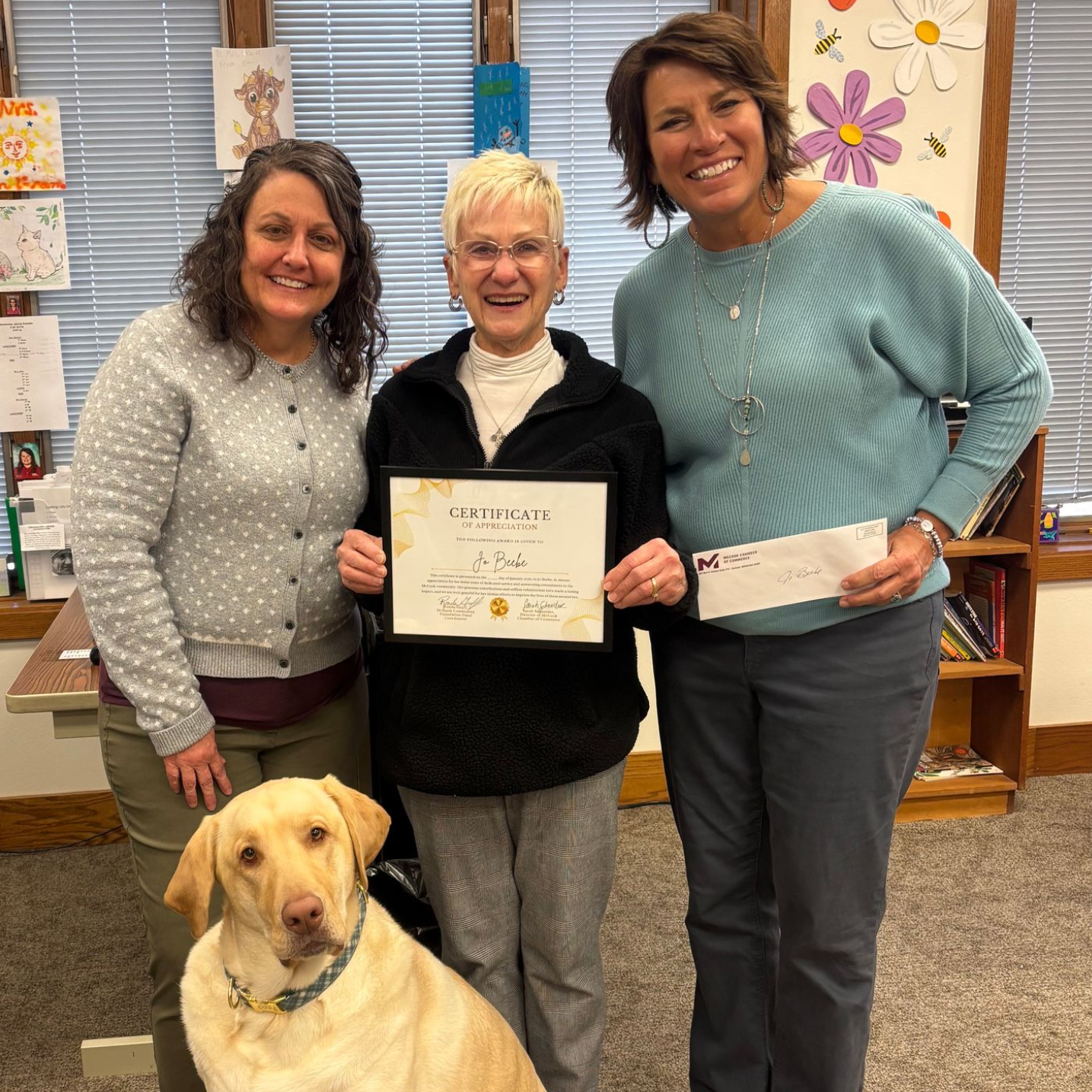
To kick off the new year, Jo Beebe has been selected as the January 2026 McCook Volunteer of the month. While many people might know Jo for her years at the Sports Shoppe, she can be found giving hours of her time to the community, especially at St. Patrick Church. Whether during the weekly Mass or for a funeral or wedding, Jo shares her beautiful voice from the choir loft, as well as leading the choir members. Jo, along with her husband Harold, also has served as the St. Pat’s GALA host couple in the past and continues to help with set-up and cleanup of the annual event. Jo is also active with the Fall Festival, the Rosary Rally and the Wild Game Feed in Curtis every year. She attends every the Order of Christian Initiation of Adults class and helps students prepare for confirmation. And since retiring from the Sports Shoppe, she is active in the Altar Society, and volunteers at the Bargain Bazaar thrift store. According to her nomination, “The way Jo gives of her time and talents to our parish and community is a reflection of her faith,” and the community and the church are better because of her generosity. The McCook Philanthropy Council selects the monthly recipient for the McCook Volunteer of the Month award as part of the McCook Community Foundation Fund’s McCook Volunteer program. If there is a volunteer in the community who should be recognized, please contact the McCook Chamber of Commerce at 308.340.3200 or visit McCook Volunteers on the MCFF website, mccookfoundation.org to complete a nomination form. The only requirement is that the nominee must be a resident of McCook or Red Willow County. Please have information about the nominee along with where and how they volunteer in the community.

